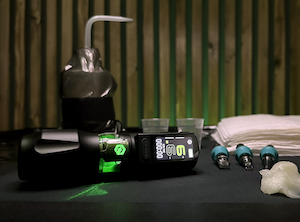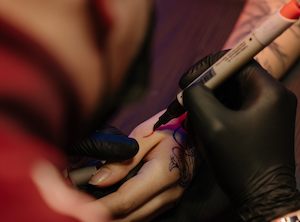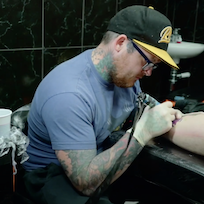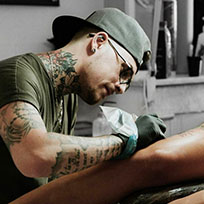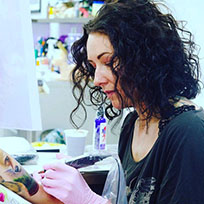As a tattoo artist, you want to provide the best service possible to your clients. However, there may be times when declining customers is the best decision for both parties. In this article, we will explore when it’s appropriate to decline tattoo clients and provide insight into how this decision can benefit both the artist and the client.
Red Flags to Watch For
Before taking on a new client, it’s important to be aware of potential red flags that may indicate they are not a good fit. Some common signals that may raise concerns include:
- Requesting an unrealistic tattoo design or size.
- Not respecting your professional boundaries or refusing to follow your aftercare instructions.
- Exhibiting rude or disrespectful behavior towards you or your staff.
- Having unrealistic expectations about the tattooing process or outcomes.
- Requesting a tattoo that may be culturally insensitive or offensive.
- If you notice any of these behaviors or situations, it may be best to decline the customer.
Protecting Your Professional Reputation

As a tattoo artist, your professional reputation is crucial to your success. Taking on clients that may not be a good fit for your style or abilities can lead to negative reviews, poor word-of-mouth, and damage to your reputation. You want to ensure that each tattoo you provide is of high quality and meets the expectations of your clients. It’s better to decline a customer than risk tarnishing the quality of your work or reputation.
Time Constraints
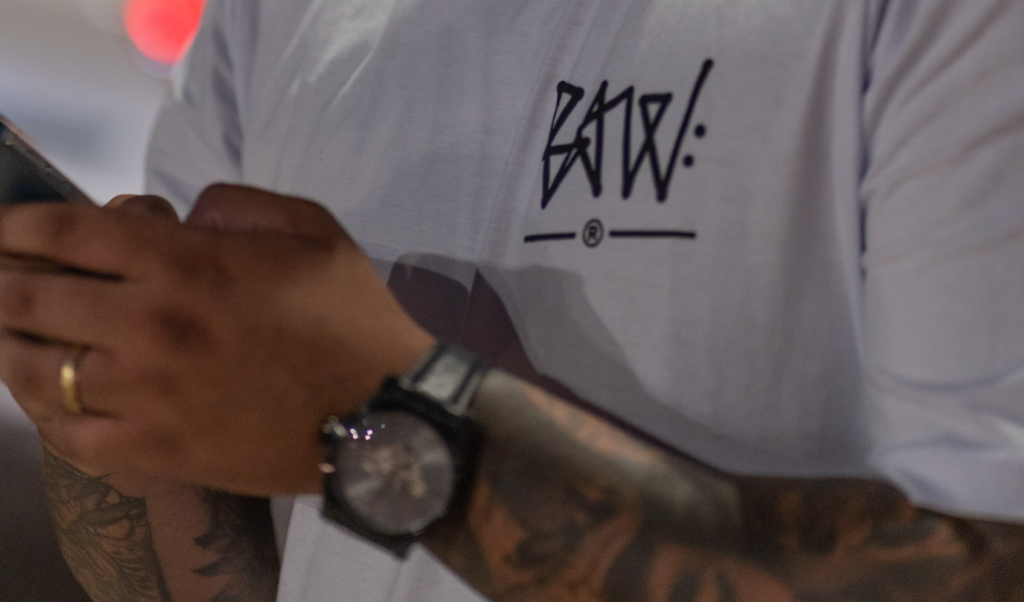
Tattooing is a time-consuming process, and as an artist, it’s important to manage your time effectively. Taking on clients that may have unrealistic expectations about the timeline or prioritise their needs over your schedule can lead to stress and burnout. Declining clients can help you manage your time effectively and focus on providing a high-quality experience to your existing clients.
Ethics and Values

As a tattoo artist, you may have a set of ethical or value-based standards that you follow. For instance, you may have personal beliefs about tattooing certain body parts or applying certain designs. In such cases, declining a client is in line with your ethical values and ensures that you maintain a consistent standard for your practice.
Conclusion
While it’s natural to want to accept all clients, sometimes declining a customer is necessary. By being aware of potential red flags, managing your time effectively, and maintaining your ethics and values, declining clients can be a helpful and appropriate decision. Remember, declining a customer shows that you prioritise the quality of your work, professionalism, and dedication to your craft.














 What Is A Prince Albert Piercing?
What Is A Prince Albert Piercing?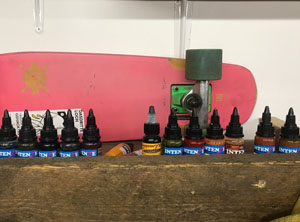 The Best Tattoo Ink 2024
The Best Tattoo Ink 2024 Tattooing Over Stretch Marks, Moles, Scars And Other Skin Conditions
Tattooing Over Stretch Marks, Moles, Scars And Other Skin Conditions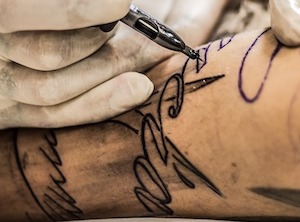 11 Best Fonts For Tattoos 2022
11 Best Fonts For Tattoos 2022 Advice For An Itchy Tattoo
Advice For An Itchy Tattoo
